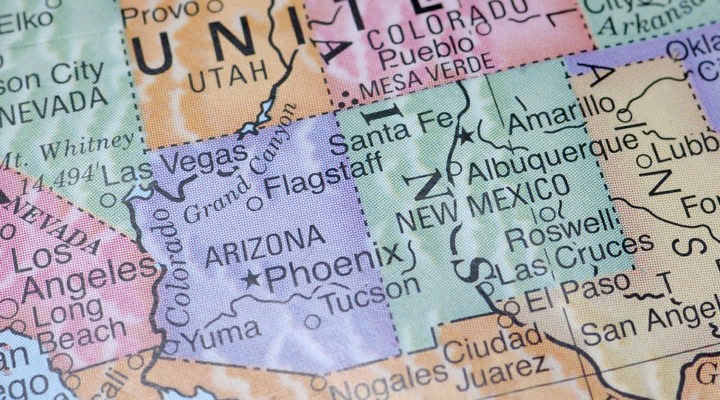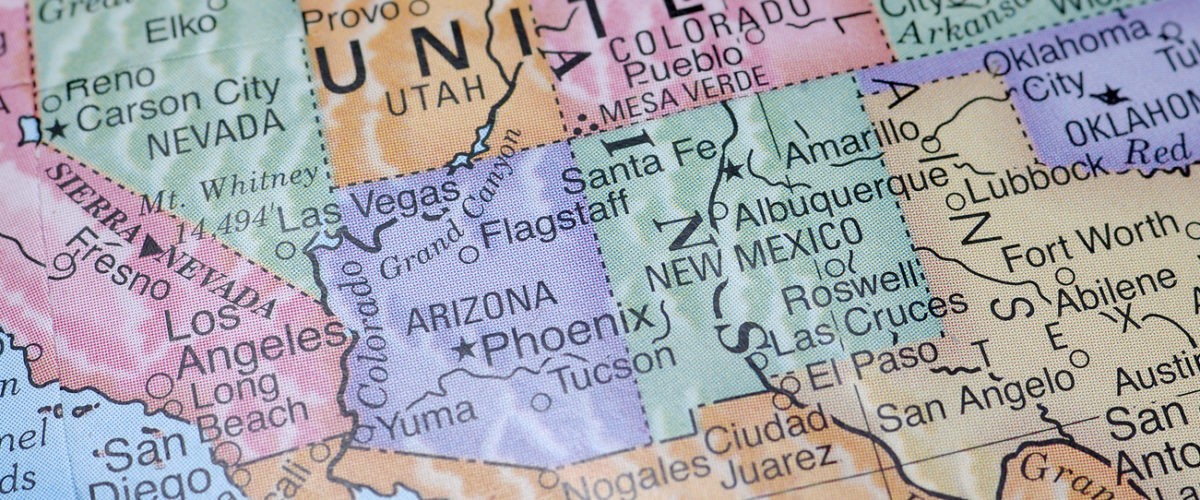Fellowship Southwest, founded by the Cooperative Baptist Fellowship in 2017 and known for its outreach to immigrants along the U.S.-Mexico border, has spun off from its Atlanta-based parent to become an independent, ecumenical ministry.
“Fellowship Southwest is incorporated now in the state of Texas and its steering committee is now a board of directors responsible for making decisions about its future,” Coordinator Marv Knox said.
Previously, the ministry was a division of CBF and answered to its Governing Board.
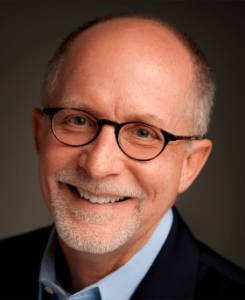
Marv Knox
“We also moved our fund management from Atlanta to Dallas for closer budget coordination, and we have applied for nonprofit status with the IRS. We hope to have our 501(c)(3) status in April or May,” Knox said.
The transition results from “a natural progression in the maturity of Fellowship Southwest,” which was established to work alongside CBF’s state groups in Oklahoma and Texas, and also with CBF West.
“Suzii (Paynter) was the (CBF) executive coordinator at the time, and being from Texas she understood the West and thought it would be appropriate to add some staff support out there,” Knox explained. “One of the earliest CBF slogans was ‘doing missions in a world without borders.’ Suzii piggybacked on that with ‘doing missions in a region without borders.’ So, we started with that mindset from the beginning.”
There also was an ecumenical and cultural emphasis to that mindset, he said. “We omitted ‘Baptist’ from the name because we were to expand CBF’s relationships ecumenically across the region and we were to be welcoming to non-Baptist partners.”
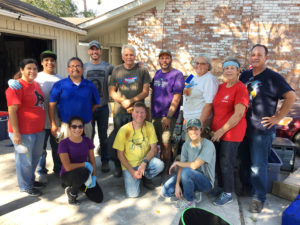
Groups of volunteers helped victims of Hurricane Harvey get back on their feet.
It was Hurricane Harvey, which slammed into Texas and Louisiana in August 2017, that had a key role in shaping what Fellowship Southwest was to become, he said. “Harvey hit the Gulf Coast about three or so weeks after our launch, so we dropped everything we had scheduled to work alongside CBF Disaster Response, CBF field personnel and churches along the Gulf Coast. In a way, Harvey set our DNA to be responsive to specific needs as opposed to being more esoteric and charting any path we might envision.”
Consequently, Fellowship Southwest was prepared to meet the 2018 immigration crisis head on. Known most for the Trump administration’s detention of migrant children and desperate migrant caravans, the situation also resulted in thousands of migrants stuck at the border awaiting asylum in the U.S.
“We felt this was a humanitarian crisis, and it touched our belief that all people are created in God’s image and that Jesus said we are measured by how we serve the least of these,” Knox said. “It was our duty to work with them and we did that by working with a network of pastors at the border.”
Along with border ministry, Fellowship Southwest identifies disaster response and social justice as its core issues. Knox said the ministry is open to other missions when they appear. “It all goes back to (Hurricane) Harvey where we learned to be flexible to meet the needs before us.”
Along with border ministry, Fellowship Southwest identifies disaster response and social justice as its core issues.
Flexibility in partnerships and funding also motivated the transition, he said. The need for financial autonomy and growth has helped drive the move to incorporation for the ministry, which has been funded by grants from the John and Eula Mae Baugh Foundation. “That arrangement cannot last indefinitely,” Knox acknowledged.
Nor does the organization intend to compete with CBF for donor dollars or place its partner churches in a position of having to divide their giving between the two. “So, we need more partners,” he said.
Incorporation provides Fellowship Southwest greater leeway in reaching out to other denominations and faith traditions for that support, he said. “People on our steering committee, which is now our board, said we would have an uphill battle asking people to write checks to an entity with the word ‘Baptist’ in it before seeing CBF allocate those funds back to Fellowship Southwest.”
At the invitation of CBF Executive Coordinator Paul Baxley, Knox will remain involved with CBF in “a quasi-staff relationship” through which he will represent the Fellowship in the region and continue to participate in staff meetings and other initiatives.
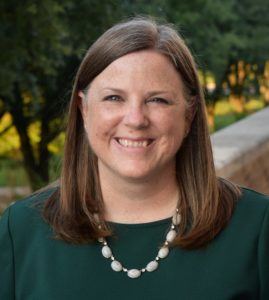
Meredith Stone
Fellowship Southwest board Chair Meredith Stone, who lives in Abilene, Texas, and also serves as executive director of Baptist Women in Ministry, said incorporation enables the organization to live more fully into the purpose for which it was founded.
“From its start, Fellowship Southwest has valued partnerships within Baptist life and beyond. We firmly believe that the beloved community can do more together,” Stone said in a recent CBF article about the transition. “By seeking 501(c)(3) status, Fellowship Southwest is better able to offer opportunities for our partners outside of Baptist life to join in our work.”
Knox, who recently announced plans to retire when his replacement is identified and selected, said Fellowship Southwest is ready. “This change allows us to live naturally, culturally and ecumenically into the mandate we received from the start.”
Related articles:
Journalist Marv Knox to lead CBF Southwest

